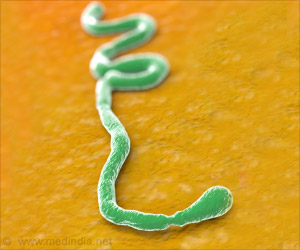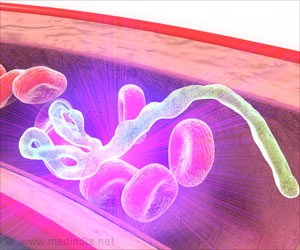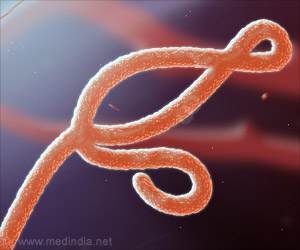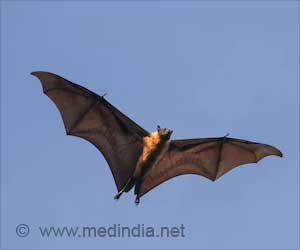A company is currently conducting phase one clinical studies of a compound, known as GS-5734, in human volunteers to find out how safe and effective it is.
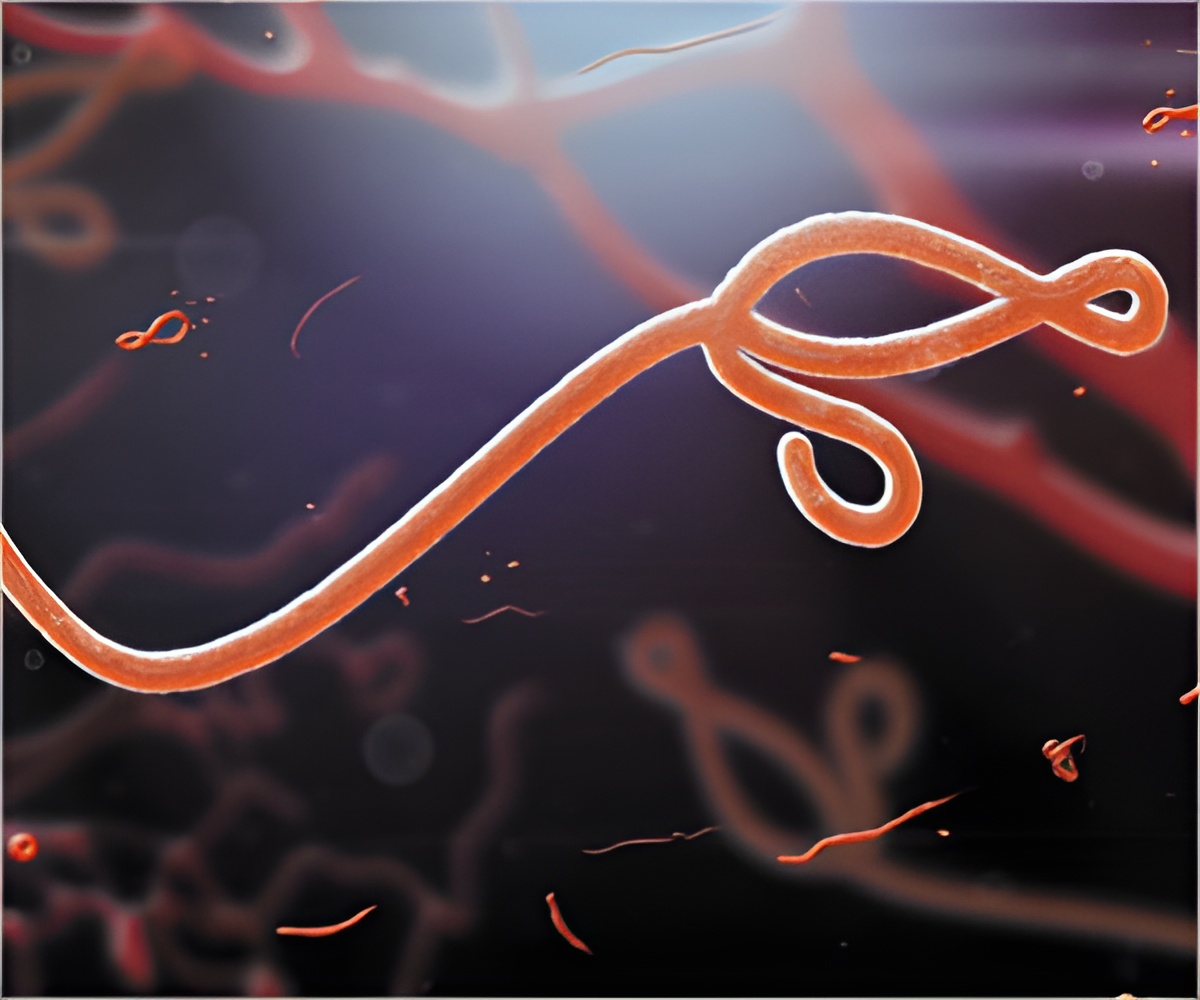
They also exhibited a substantial reduction in viral load and a marked decrease in the physical signs of disease, including internal bleeding and tissue damage.
"The compound, which is a novel nucleotide analog prodrug, works by blocking the viral RNA replication process," explained Travis Warren, principal investigator at the US Army Medical Research Institute of Infectious Diseases (USAMRIID). "If the virus cannot make copies of itself, the body's immune system has time to take over and fight off the infection," Warren noted.
In cell culture studies, GS-5734 was active against a broad spectrum of viral pathogens. These included Lassa virus, Middle East Respiratory Syndrome (MERS) virus, Marburg virus, and multiple variants of Ebola virus, including the Makona strain causing the most recent outbreak in West Africa.
"This is the first example of a small molecule--which can be easily prepared and made on a large scale--that shows substantive post-exposure protection against Ebola virus in nonhuman primates," USAMRIID science director Sina Bavari said.
"In addition to 100 percent survival in treated animals, the profound suppression of viral replication greatly reduced the severe clinical signs of disease," Bavari noted.
Advertisement
Gilead Sciences, a California-based company is currently conducting phase one clinical studies of the compound in healthy human volunteers to establish the safety and effectiveness of the compound. The research was presented at IDWeek conference in San Diego, California.
Advertisement


